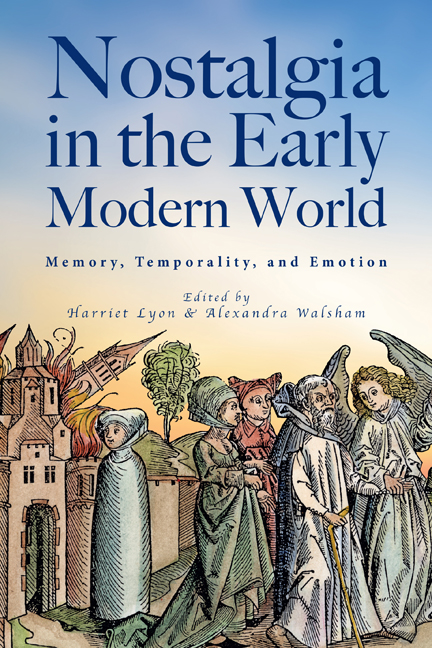10 - ‘When this old hat was new’: Ballads, Nostalgia and Social Change in Early Modern England
Published online by Cambridge University Press: 11 January 2024
Summary
One night in the Sussex Weald, I was fortunate to hear Alun Howkins sing the ballad When This Old Hat Was New. Alun was a brilliant social historian, and an expert interpreter of English folklore. He was given to bursting into song all of a sudden, his powerful voice speaking to a compendious stock of ballads that he had at his fingertips. When This Old Hat Was New, which I think was one of Alun's favourites, is a song about the oppression of the rural poor in the period c. 1770–1900. Those were the times with which he was most familiar. And yet, as an early modern social historian, preoccupied as I have been with the social changes that overtook England in the years before 1770, there was something that I recognised in this ballad. It stuck in my mind for years after. I started teaching with it, and as I did so, I started to think with it.
Let us start with the version of the ballad that Alun sang to me. I am pretty sure that it is the song that he reproduced in an article he co-authored with Ian Dyck in History Workshop Journal in 1987. The first stanza of the version of the song reproduced by Howkins and Dyck (printed in the early nineteenth century by Ward of Ledbury) opens as follows:
I am a poor old man, in years, come listen to my song,
Provisions are full twice as dear as when that I was young,
It was when this old hat was new, that sits upon my brow,
O what a happy youth was I when this old hat was new.
Subsequent stanzas, each with the concluding refrain ‘when this old hat was new’, assess the changes that were at work in nineteenth-century rural England. They speak of the growth of litigation and the decline of trust amongst neighbours; of the refusal of charity to the hungry poor; of rural unemployment; of happier days when rural labourers had been respected; of feasts that farmers used to provide to harvest workers; of the growth of aggressive acquisitiveness amongst the farmers; of the loss of the commons, given originally (the ballad says) to the poor by the Romans; and of the crushing spiritual and material effects of large-scale enclosure.
- Type
- Chapter
- Information
- Nostalgia in the Early Modern WorldMemory, Temporality, and Emotion, pp. 228 - 248Publisher: Boydell & BrewerPrint publication year: 2023



